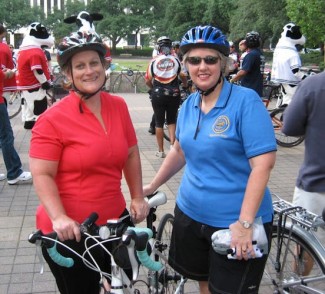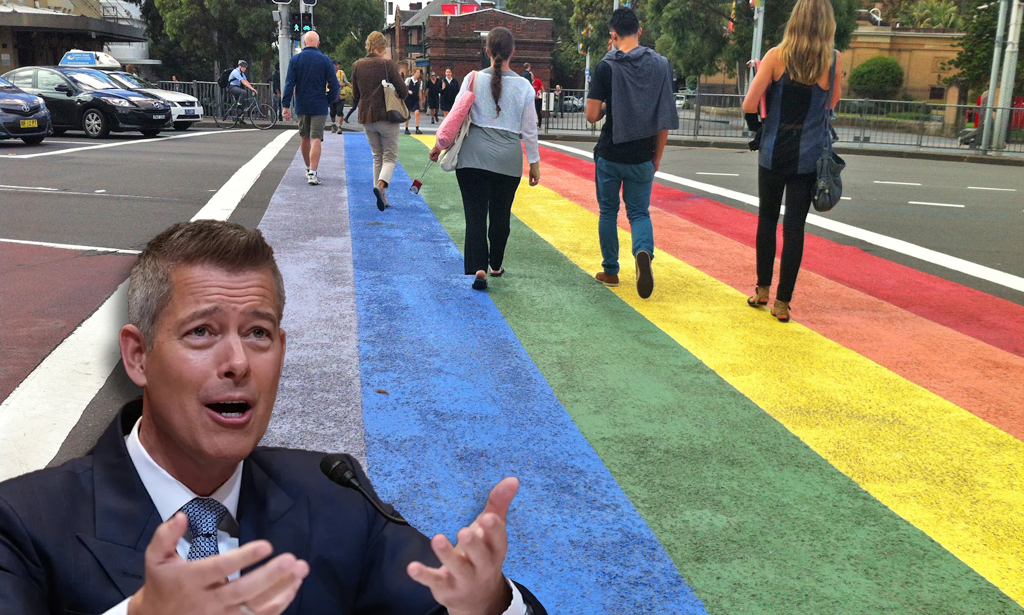This week's mayoral elections yielded good news for transit and safe streets in both Houston and Minneapolis. In Boston, meanwhile, the results are less straightforward.

Transportation reformers in Minneapolis are generally pleased about the election of City Council member Betsy Hodges (runoff votes are still being counted, but the second-place contender has conceded). Hodges is a strong smart growth proponent and a supporter of the city's streetcar plans. Some transit advocates are concerned her strong support for rail will mean less investment in buses. But she definitely speaks the livable streets language.
"In my vision of Minneapolis," she told Streets.mn this fall, "our streets are for all residents of Minneapolis regardless of the mode of travel they choose. Our neighborhood commercial corridors should not be [our] raceways out of town, but vital destinations -- in and of themselves."
In addition, Minneapolis City Council candidates with strong transit bona fides also knocked off a few incumbents. Sam Newberg wrote today in Streets.mn that "now is the time to make some very real and meaningful changes to the development of our city."
Meanwhile, Houston incumbent Mayor Annise Parker fought off two relatively conservative challengers to win her third term in the nation's fourth-largest city. Parker, one of the country's first openly gay mayors, recently instituted a complete streets policy in Houston by executive order. She has also helped move forward the city's light rail system, building a diverse coalition around transit. Parker has been ranked as one of the country's top 10 "green mayors." She has promised to help make cycling safer in the city and joined in on some group rides.
In Boston, labor leader and state lawmaker Martin Walsh scored a surprise upset over City Councilor John Connolly in the race for mayor. Advocates in Beantown report that Connolly was clearly the more progressive choice on transportation. Connolly's campaign featured bike rides around the city to highlight his complete streets plans; Walsh's campaign focused more on bread-and-butter economic issues. Only three of the 12 mayoral candidates skipped a forum on transportation held by the nonprofit group Livable Streets in the run-up to the election, according to Boston Streets. Walsh was one of them.
While he's not expected to be a visionary leader on transportation issues, there's reason to think he'll move the city in the right direction. He has stood for lower speed limits in urban areas. In his transportation plan, Walsh said his priorities include dedicated bus lanes in underserved areas and making neighborhoods more livable by improving conditions for walking and biking.





